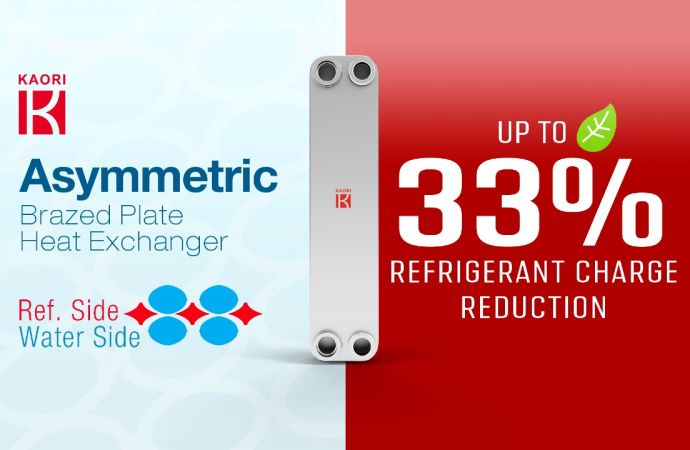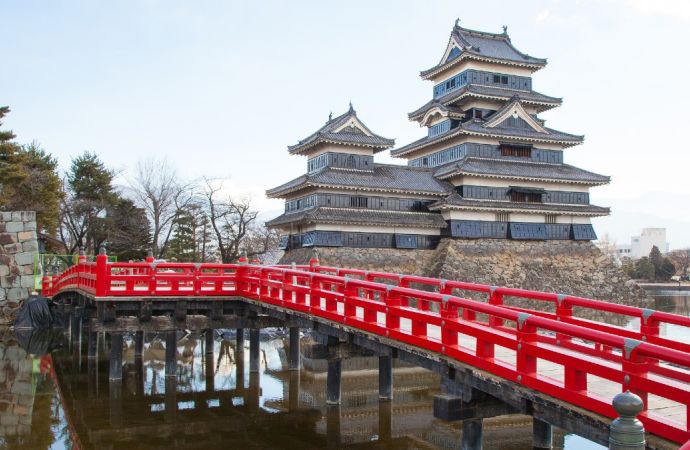Maria Yzabell Angel V. Palma, a student in the Philippines, was recognised in April this year for her invention of a Freon-free air conditioning system – using solely air as the refrigerant. The invention comes amid recent efforts to transition the country's air conditioning sector towards the use of more environmentally sustainable refrigerants.

Working prototype of student inventor Maria Yzabell Angel V. Palma's 'AirDisc Air Conditioning Technology'
Source: Gulf News
19-year-old Maria Yzabell Angel V. Palma, a student in the Philippines, was recognised in April this year by the International Federation of Inventors' Association (IFIA) for her invention of a Freon-free air conditioning system using solely air as the refrigerant.
The system, dubbed 'AirDisc Air Conditioning Technology', is based on the use of a 'disc-shaped' centrifugal compressor and rotating concentric air tanks that take in a high volume of air molecules from the surrounding room for compression.
The heated air is then separated and discharged, while the resultant compressed air molecules with less heat are allowed to expand – resulting in a continuously lowered room temperature.
Palma began developing the system around two years ago during her senior year at the Philippine Science High School (PSHS) in the Bicol region of the Philippines. She is now an incoming mechanical engineering freshman student at De La Salle University (DLSU) in Manila.
'There is global warming and it is getting worse every year'
The system's energy efficiency, manufacturing costs and environmental impact were among the main concerns for Palma as she was developing the system.
“I want to help those who cannot afford an air conditioner,” she said to the BusinessMirror, who interviewed her during a 30 July news conference with PSHS leaders at a hotel in Quezon City.
“This AirDisc will be very affordable to everyone, especially the less fortunate. And it is significant to Filipinos. We know it is very hot. There is global warming and it is getting worse every year."
Palma highlighted the fact that her air conditioner technology does not use a chemical refrigerant. She noted that commercial air conditioners in homes and cars use hydrofluorocarbon (HFC) chemical refrigerants that are harmful to the environment.
"In this era of global warming and climate change, chemical refrigerants have been discovered by scientists to be thousands of times more potent than CO2 when global warming potential is considered," said Palma in a statement provided to this website.
"The danger is dramatically recognized by the United Nations which has banned said refrigerants by way of the Kigali Amendment to the Montreal Protocol."
Palma also elaborated on her personal motivation to develop this technology.
"As a Filipina and as an Asian, my country is in the cross [hairs] of the threats of global warming," she said.
"My AirDisc Air Conditioning Technology serves to replace chemical refrigerant-based air conditioning with an earth-friendly and pocket-friendly technology that uses air molecules to produce air conditioning using [an] open system approach instead of closed system air conditioning that [use] rotary or piston-type compressors."
"I hope the companies presently engaged in manufacturing or distribution of air conditioners will join me in transferring to an eco and health-friendly technology."
With the help of her father, who is also a trained mechanical engineer, Palma is now actively seeking local and foreign manufacturing partners. Palma has also recently completed the online application process for patent filing with the United States Patent and Trademark Office.
Palma expects a commercial prototype to be completed either late this year or in early 2019.
Philippines looking at propane for air conditioning
Palma's invention comes at a time of increased focus on sustainable HFC-free heating and cooling technology to combat climate change in the Philippines.
In May of this year, the Technical Education and Skills Development Authority (TESDA) – the Philippines' official vocational education and training authority – launched a campaign endorsing the use of alternative environmentally friendly refrigerants for air-conditioning such as R290 (propane).
TESDA says the use of R290 as a refrigerant is seen as a way to help the Philippines' room air-conditioning (RAC) sector achieve HFC phase-down targets set by the Kigali Agreement.

GIZ and TESDA turn over ceremony at TESDA Complex in Taguig city on 17 May.
Source: TESDA Facebook
The campaign, organised in co-operation with the Deutsche Gesellschaft für Internationale Zusammenarbeit (GIZ) GmbH of Germany, was launched at the agency's Green Technology Center in Taguig city on 17 May, where GIZ handed over nine hydrocarbon (R290) split air-conditioning units and workshop equipment to TESDA.
The R290 RAC units will be used in demonstration and training programmes for the proper installation and safe use of alternative refrigerants for RAC trainers, manufacturers, refrigerant dealers, and technicians in the Philippines.
The use of natural refrigerants in Southeast Asia, including R290 in room air conditioning, will be the main focus of discussion at the 5th Annual ATMOsphere Asia 2018, which will take place on 4 September, the day before Mostra Convegno Expocomfort (MCE) Asia (5-7 September) in Central Singapore.
Register today or click here to see the latest programme.
Related stories



